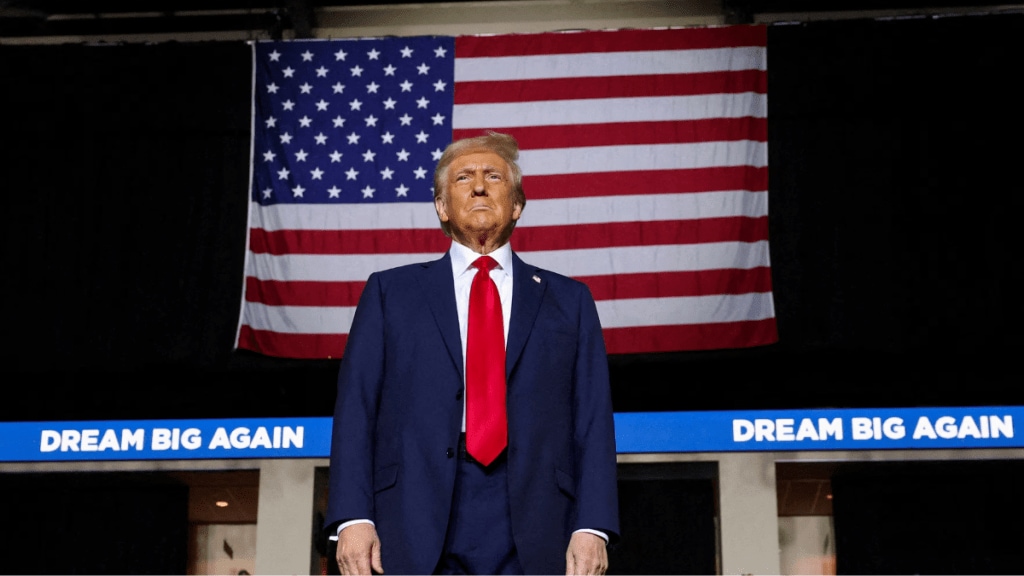U.S. President-elect Donald Trump has pledged to impose sweeping tariffs on imports from Mexico, Canada, and China, citing illegal immigration and the trade of illicit drugs, particularly fentanyl. Announced on Monday via a Truth Social post, the proposed measures include a 25% tariff on all goods from Mexico and Canada and an additional 10% tariff on Chinese imports.
“As one of my first Executive Orders on January 20th, I will charge Mexico and Canada a 25% tariff on ALL products entering the United States,” Trump declared. He added that the tariffs would remain until Mexico and Canada implement stronger measures to address drug trafficking and illegal border crossings.
Conflict with USMCA Agreement
The proposed tariffs could challenge the U.S.-Mexico-Canada Agreement (USMCA), a trade deal signed by Trump in 2020 to ensure largely duty-free trade among the three countries. Mexico and Canada are America’s top trading partners, with 83% of Mexican exports and 75% of Canadian exports destined for the U.S. in 2023.
While the USMCA permits a six-year review provision, which Trump intends to invoke upon taking office, experts warn that unilateral tariffs could violate the agreement and risk retaliatory trade actions.
Tariffs on China
Trump also accused China of failing to curb the flow of illicit drugs into the U.S. from Mexico, promising an additional 10% tariff on all Chinese goods. This follows his earlier pledge to end China’s most-favored-nation trading status and impose tariffs exceeding 60% on Chinese imports.
Market Reaction
The announcement triggered immediate market fluctuations, with the U.S. dollar rising 2% against the Mexican peso and 1% against the Canadian dollar. Japan’s Nikkei index dropped 1%, and U.S. stock futures fell 0.3%.
Economic Impact
Economists caution that Trump’s tariff plans could drive U.S. import duty rates to levels last seen in the 1930s, disrupt global supply chains, and stoke inflation. The tariffs, paid by importers, could lead to higher consumer prices or reduced corporate profits.
Despite these concerns, Trump emphasized the punitive nature of his policies, stating, “Mexico and Canada will pay a very big price.”
No immediate responses were provided by Canadian or Mexican officials, while China’s embassy in Washington also declined to comment. The tariffs are poised to set the tone for contentious trade relations in the months ahead.

